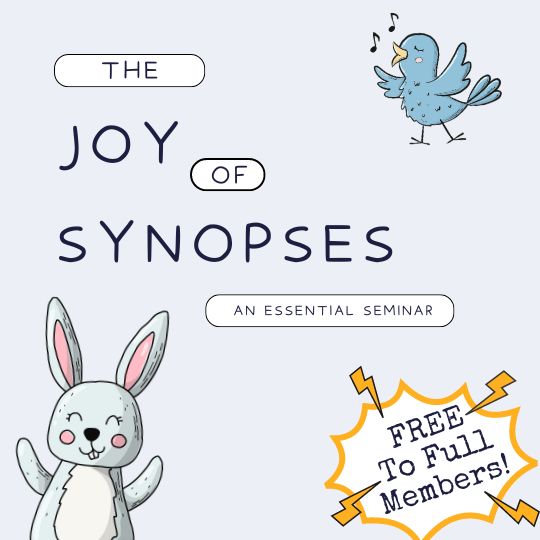Paul Whybrow
Full Member
Further to the report from the Authors Guild on writer's incomes, as posted by Carol Rose, I found this article on the NPR site about the number of sales achieved by the books nominated for the Man Booker prize.
http://www.npr.org/2015/09/19/44145...les-what-counts-as-success-might-surprise-you
Some of them are appallingly low, with only the well established Anne Tyler making six-figure sales. If these are the sales of the best writers, what hope for the rest of us?
http://www.npr.org/2015/09/19/44145...les-what-counts-as-success-might-surprise-you
Some of them are appallingly low, with only the well established Anne Tyler making six-figure sales. If these are the sales of the best writers, what hope for the rest of us?



